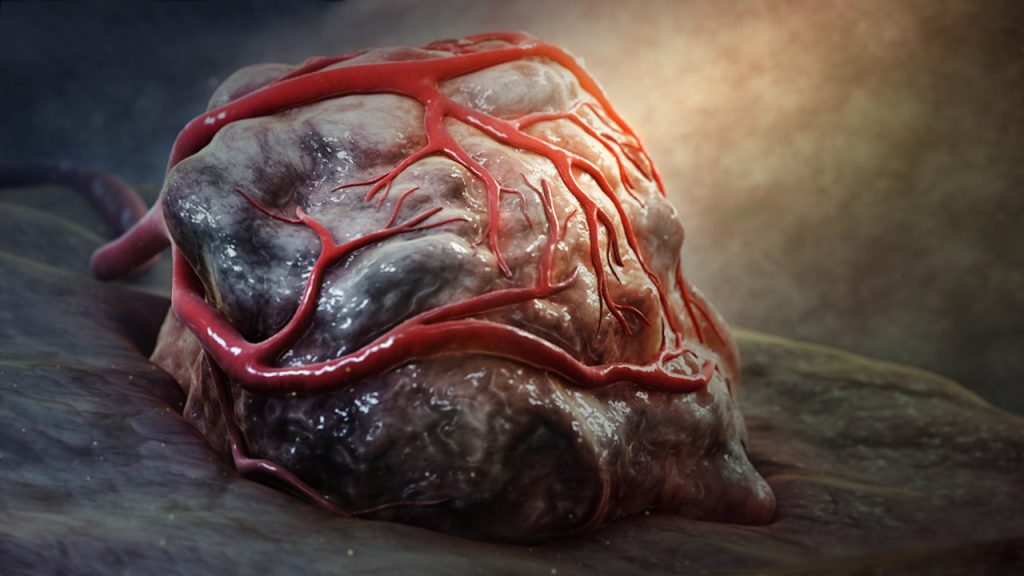Significance
The TP53 tumor suppressor gene, encoding the p53 protein, is frequently mutated in human cancer, resulting in loss of its tumor suppressor functions. While p53-mediated tumor suppression has largely been ascribed to its cell-autonomous activities, growing evidence indicates that p53 dysfunction can also promote cancer by affecting the tumor microenvironment. We report that loss of p53 in breast cancer can drive reprogramming of preadipocytes, rendering them tumor-supportive. As adipose cells are a major component of mammary tissue, interception of their reprogramming by p53-deficient breast cancer cells may attenuate the deleterious effects of TP53 dysfunction.
Abstract
The TP53 gene is mutated in approximately 30% of all breast cancer cases. Adipocytes and preadipocytes, which constitute a substantial fraction of the stroma of normal mammary tissue and breast tumors, undergo transcriptional, metabolic, and phenotypic reprogramming during breast cancer development and play an important role in tumor progression. We report here that p53 loss in breast cancer cells facilitates the reprogramming of preadipocytes, inducing them to acquire a unique transcriptional and metabolic program that combines impaired adipocytic differentiation with augmented cytokine expression. This, in turn, promotes the establishment of an inflammatory tumor microenvironment, including increased abundance of Ly6C+ and Ly6G+ myeloid cells and elevated expression of the immune checkpoint ligand PD-L1. We also describe a potential gain-of-function effect of common p53 missense mutations on the inflammatory reprogramming of preadipocytes. Altogether, our study implicates p53 deregulation in breast cancer cells as a driver of tumor-supportive adipose tissue reprogramming, expanding the network of non-cell autonomous mechanisms whereby p53 dysfunction may promote cancer. Further elucidation of the interplay between p53 and adipocytes within the tumor microenvironment may suggest effective therapeutic targets for the treatment of breast cancer patients.







